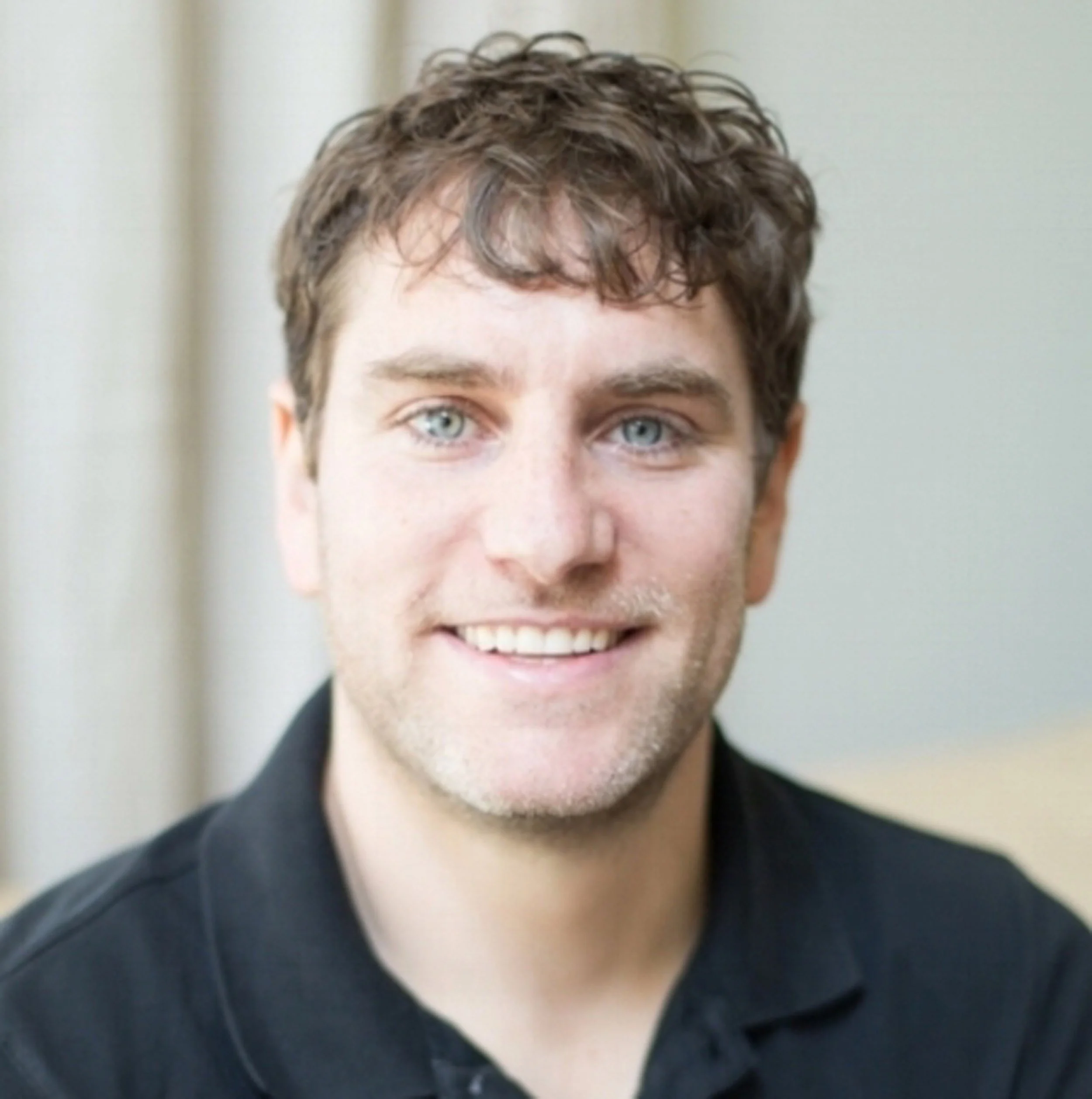AI, Curiosity, Cognition & Creativity with Neuroscientist DR. JACQUELINE GOTTLIEB
/Professor of Neuroscience & Principal Investigator at Columbia University’s Zuckerman Mind Brain Behavior Institute
I came to neuroscience from a humanistic perspective. I was very interested to find out who we are. What do we know? What do we think we know? Why do we think we know certain things? How do we see things? How do we perceive them? Ultimately, the question behind curiosity is what things we find interesting in our environment. The way I think about eye movements is that they really are trained in some largely subconscious process.



















